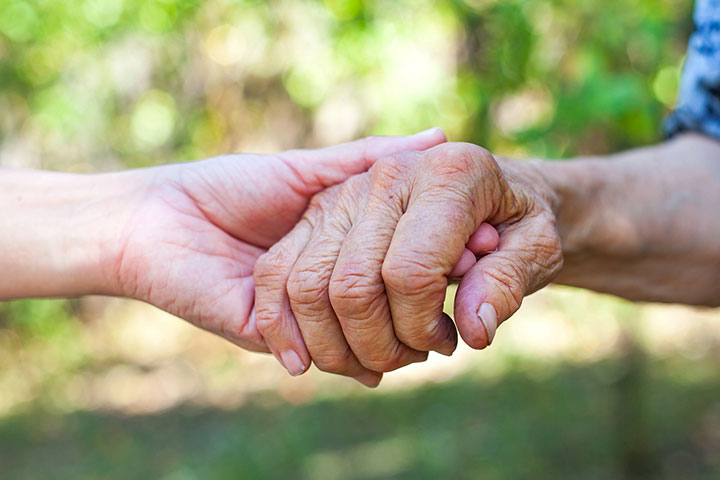The long-term implications of the various surges of the covid variant have ushered into the children of aging parents a feeling of vulnerability and a need to look for more real ways to help. Though vaccinations are a first, most effective line of defense against a serious illness such as Covid-19 and its variants, vaccinations do not protect against accidents, loneliness, or health conditions associated with aging.
Most children who provide care for their parents have questions about the best way to meet their parents’ needs. Fortunately, there are a number of helpful sources.
Getting Help from Government Agencies
The Administration on Aging provides programs and services to help older Americans live independently in their homes and communities. While the agency primarily conducts research and administers grants to public and private organizations, its website includes links to resources concerning nutrition, brain health, fall prevention, caregiver support, and community-based Centers for Independent Living.
The Eldercare Locator, a service of the Administration on Aging, connects older Americans to community resources. Individuals can search by zip code to find information about transportation services, health management, housing options, assisted living, and help with household chores, personal care, and home repairs.
Seniors and their children can visit the Medicare website to learn about government-funded health benefits. The Benefits.gov website offers information about additional benefits, including food supplement programs, disability assistance, and veterans’ benefits.
Getting Help from Organizations
Many organizations are useful resources for children who need advice about aging parents. Some organizations, including the AARP and the National Council on Aging (NCOA) are well known. Others, including the Family Caregiver Alliance (FCA) and Adult Children of Aging Parents (ACAP), are more recent efforts to provide information, advice, and resources to family members who provide care for an aging relative.
Some organizations provide specialized help. The Alzheimer’s Association, for example, helps children understand the health conditions that cause dementia in their parents. The organization offers a wealth of information about those conditions, as well as specialized advice for caregivers and links to support groups. CaringInfo focuses on children of parents who need palliative or hospice care.
Other organizations connect children with professionals who can help them. The Aging Life Care Association (ALCA) provides information about life care professionals. The National Elder Law Foundation (NELF) offers information about attorneys who are certified to practice in the area of elder law.
Getting Help from Apps
Caregivers can use the mobile Caring Village app to create care plans, keep track of medical appointments, and make lists of current medications. All family members who play a role in caregiving can log in and check off tasks on the daily “to do” list.
CaringBridge allows users to create an online site that allows members of a caring community to share their thoughts, schedule video calls, and ask for help. Similar features are available from Lotsa Helping Hands. Users can use a mobile phone or Windows app to create a shared care calendar, post announcements and photos, and send messages to their loved ones.
Symple is a free app for Apple phones that allows users to record their symptoms and journal their feelings. MediSafe is a free app that delivers a reminder to users when it is time to take a medication.
(The article has been reviewed February 2025 since it originally published August 2021.)
